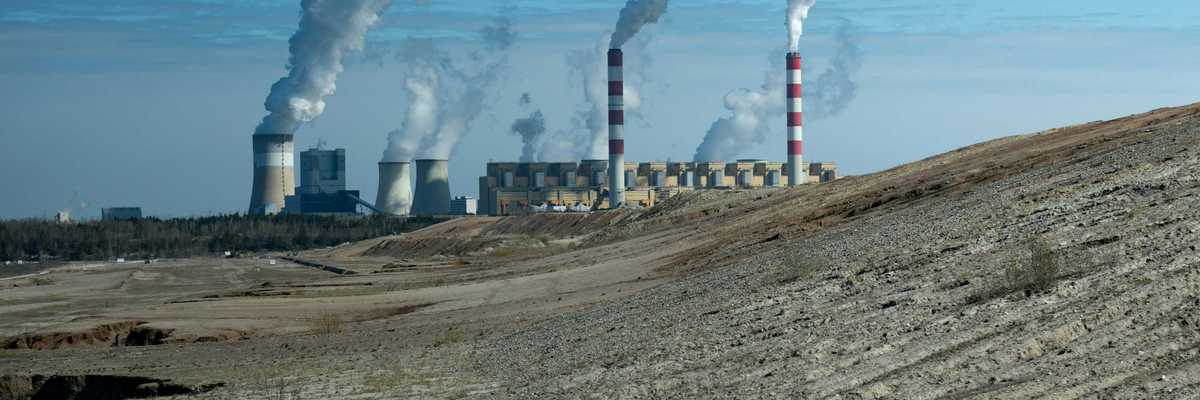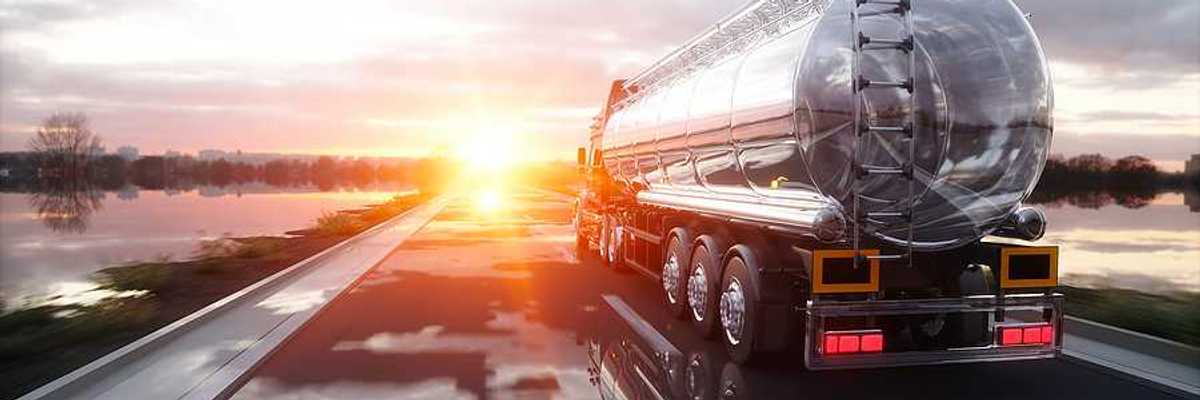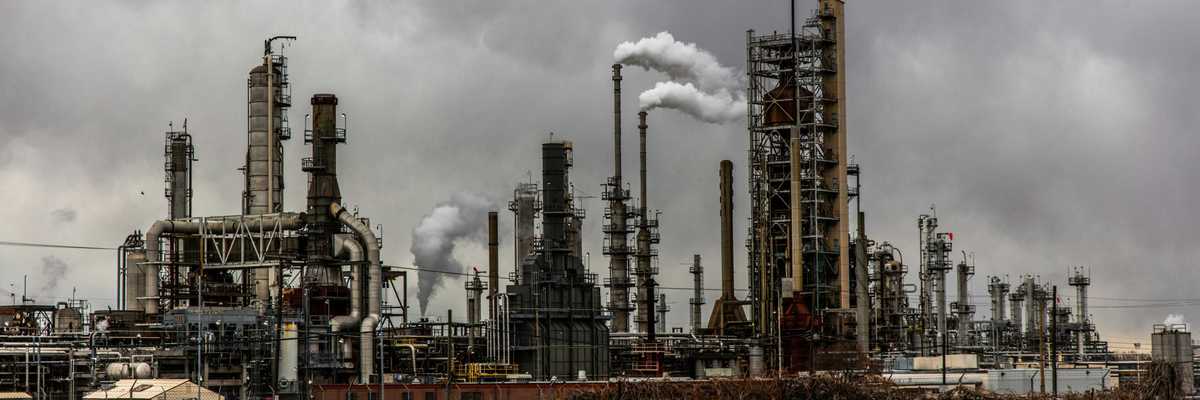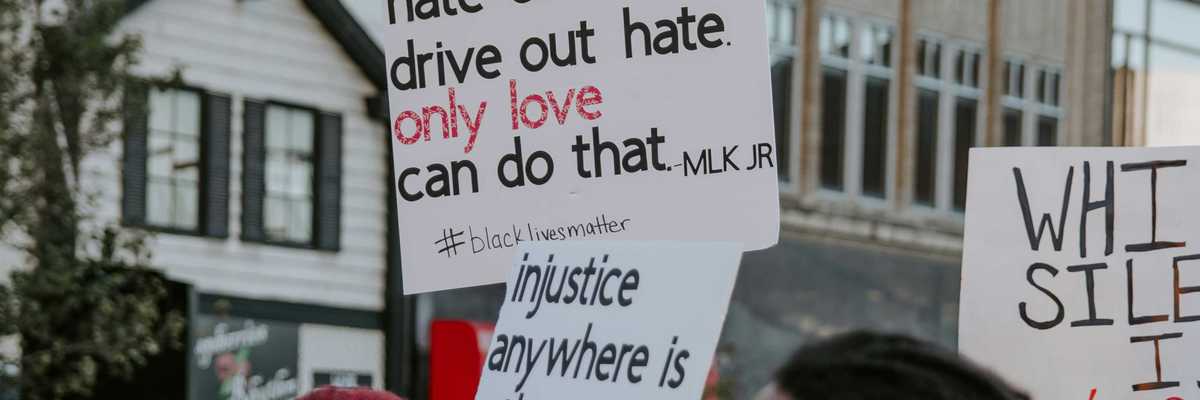carbon capture and storage (ccs)
Oil companies and conservatives face growing backlash over carbon capture technology
A once-popular climate technology is now facing skepticism from conservative groups, who are attacking its effectiveness and safety.
In short:
- Canada Proud, a right-wing group, is leading a campaign against carbon capture and storage (CCS), arguing that it poses environmental risks like groundwater contamination and earthquakes.
- The growing opposition includes figures like Jordan Peterson and Robert F. Kennedy Jr., who question the cost-effectiveness and property rights issues associated with CCS projects.
- Rural communities in Alberta, traditionally not aligned with environmental activism, are also pushing back against major CCS projects due to concerns about safety and environmental impacts.
Key quote:
"Despite their claims, this is unproven technology with far-reaching implications into the future."
— Amil Shapka, No to CO2 Landowners Group
Why this matters:
A technology once viewed as a conservative-friendly solution to climate change is now caught in the crosshairs of conservative criticism. This shift is indicative of the evolving nature of climate politics in the United States, where traditional alliances are being upended and new coalitions are forming around the future of energy. Read more: Pennsylvania governor signs controversial carbon storage bill into law, paving the way for hydrogen hubs.
A new climate gamble endangers Louisiana's Cancer Alley
Despite community fears, corporations push controversial carbon capture solutions in Louisiana's heavily polluted Cancer Alley, raising concerns over health and environmental impacts.
In short:
- St Rose, a predominantly Black community in Louisiana's Cancer Alley, faces a new threat from a proposed ammonia and hydrogen plant.
- The plant claims to reduce emissions by capturing and storing carbon dioxide, but experts argue the process is inefficient and dangerous.
- Residents are worried about increased pollution and health risks, while the project is promoted as a clean energy initiative.
Key quote:
“The best any plant has done for net CO2 capture is 25% to 30%, and that’s before the very potent methane [leaks]. The 90% capture rate the industry claims is pure nonsense."
— Robert Howarth, professor of ecology and environmental biology at Cornell University
Why this matters:
Louisiana's 'Cancer Alley' is bracing for impact as corporations and politicians tout carbon capture as the next big climate fix. But while the petrostate's movers and shakers see dollar signs, residents are left wondering if this 'green' initiative is just a smokescreen for more dirty business. Read more: 30 environmental advocacy groups ask PA governor to veto carbon capture bill.
John Kerry: relying on technology to remove carbon dioxide is ‘dangerous’
‘Half-baked, half-hearted’: critics deride UK’s long-awaited climate strategy
The UK’s new energy plan unveiled on Thursday is a missed opportunity full of “half-baked, half-hearted” policies that do not go far enough to power Britain’s climate goals, according to green business groups and academics.
What is carbon capture, usage and storage?
Andrew Rawnsley: In the global race to dominate green technology, Britain is still tying its shoelaces
As the US, China and now the EU compete for the fruits of the green economy, the UK is hamstrung by Tory dogma, dither and delay.
Richard Denniss: Australia’s farcical climate policy - market forces to cut emissions and subsidies to destroy carbon sinks
Australia's federal government pays some people to protect native forests, while state governments pay others to cut them down.









